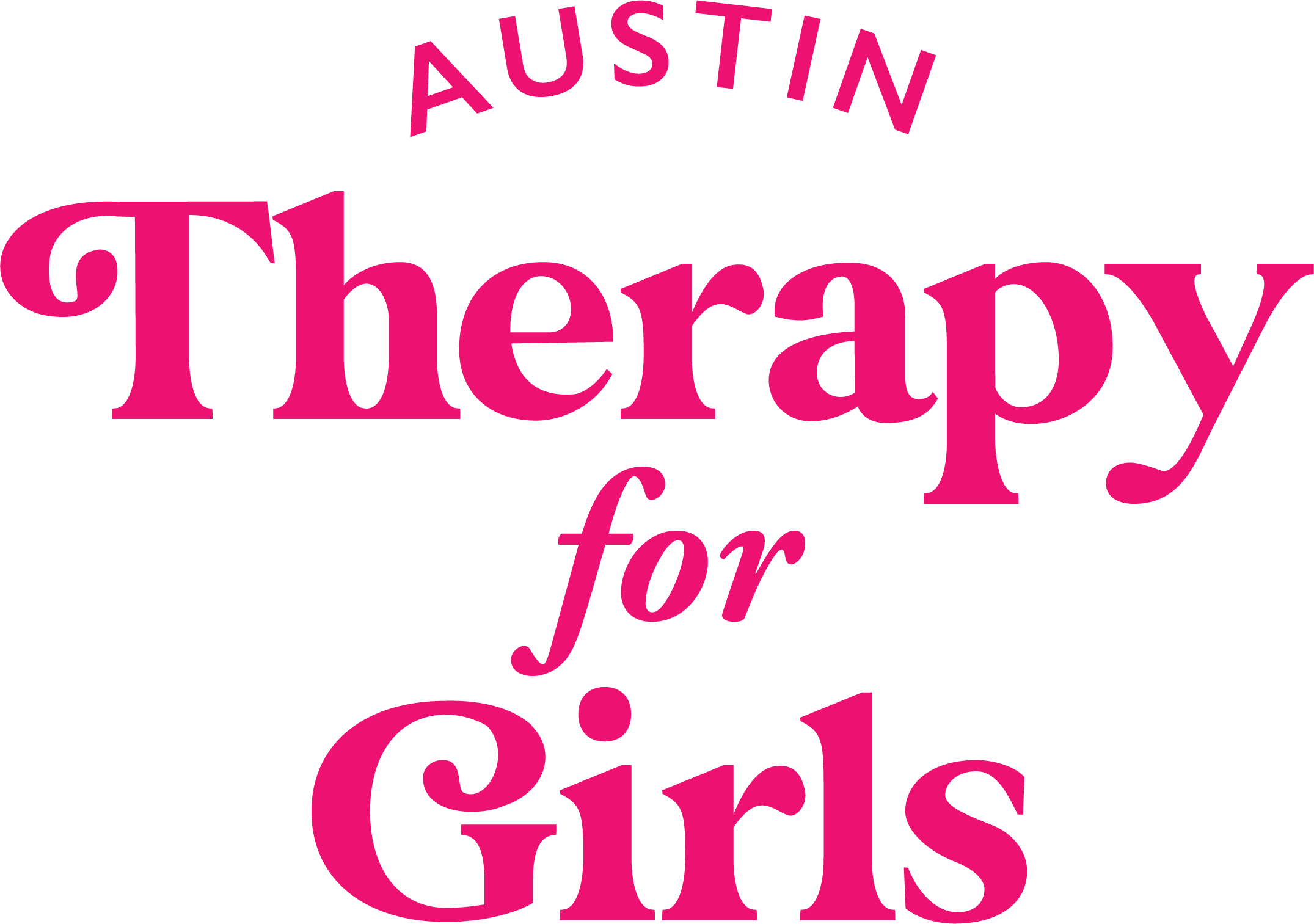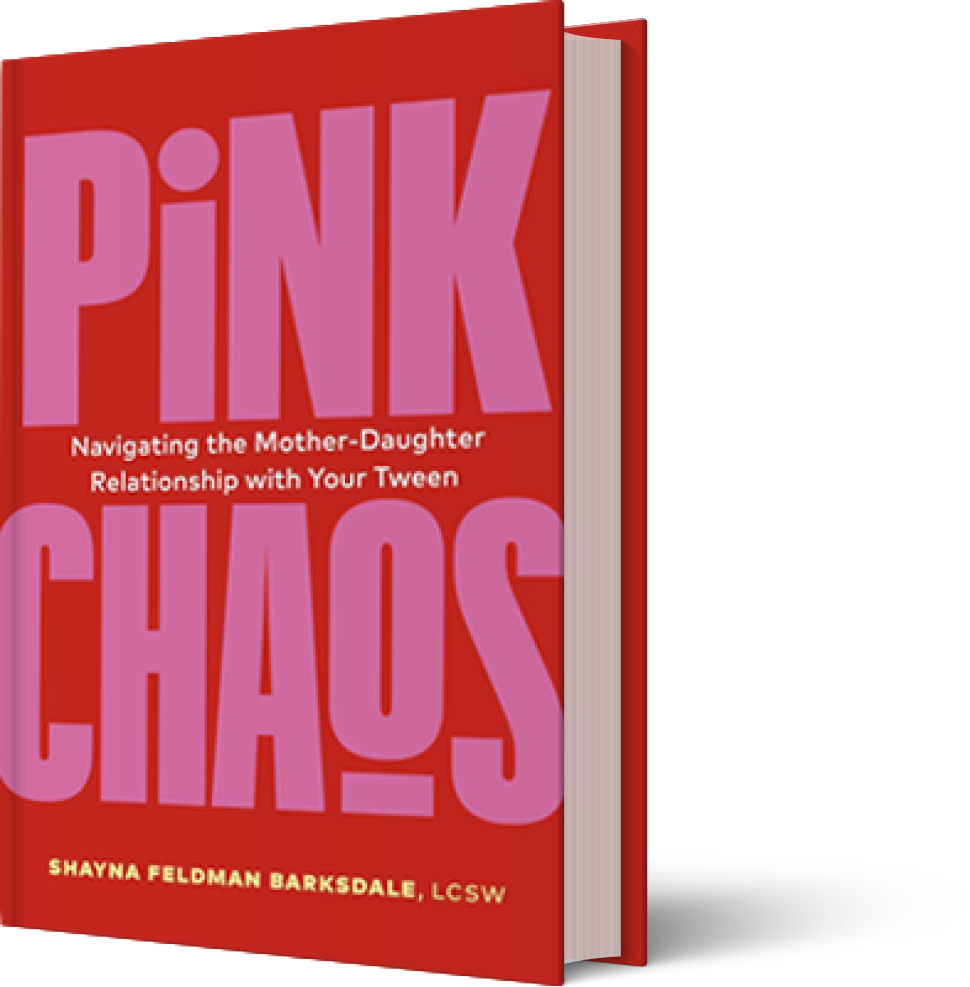Girls and Social Media

Considering how quickly technology and social media are changing these days, it’s easy for a mother to feel out of the loop. It may seem like middle- and high-school age girls spend most of their time texting or plugged into social media. In fact, social media is especially appealing to adolescent girls because of unique features of girls’ psychology.
As you may know, girls form very intense relationships and place heavy importance on these relationships. Social media offers a way for teen girls to widely expand their potential for connection. A 2011 study by the Girl Scouts of America found that most girls reported having gained friends and having grown closer with friends due to social media. Social media can also be an excellent mode by which marginalized girls (such as queer teen girls) can connect with others struggling with similar issues. Teens in the US are more restricted and carry more stress now than ever before, and social media allows for a sense of freedom, stress relief, and privacy from their parents’ watchful eyes.
There is a darker aspect of teen girls’ use of social media as well, however. Social media as a showcase for social status, as interactions that were not previously public—such as romantic relationships, activities between friends documented through pictures, or the number of “friends” someone has—are now displayed online. Girls feel in control because they are able to create the image of themselves that they want others to see by filtering which pictures they post and what information they provide. However, it also allows girls to become aware of events they have been excluded from, and makes bullying easier by enabling anonymity or eliminating the difficulty of confronting someone face to face.
Here are a few important takeaways for parents to share with their teens about staying safe on social media:
- Ask.fm is a website where people can set up public profiles and receive anonymous questions or comments which they may respond to. While your child may set up an account hoping they will receive positive feedback, this anonymous venue is a perfect invitation for school bullies or even adult predators to demean and insult girls without any accountability. Explain to your child (in an open, calm conversation) that this is a dangerous site and that if someone has something nice to say to you, they should be able to do so without anonymity.
- Have a talk with your teen about making sure their privacy settings on social media sites are as restrictive as possible. Predators sometimes look through teens’ friend lists or other information and pretend to be someone at their school by dropping names that they’ve found on the individual’s Facebook page. Similarly, make sure your child knows never to accept a friend request from someone she doesn’t know.
- Technology can be helpful for handling difficult teenage years as well. Here are some recommendations for mental health and skill building phone apps:
1. Diary Card—An app based on Dialectical Behavior Therapy that helps individuals track their moods and learn DBT skills such as mindfulness, interpersonal skills, goal setting, and distress tolerance. While not designed to replace a therapist, this app is best used in conjunction with in-person Dialectical Behavior Therapy.
2. eCBT Calm—This app helps individuals learn relaxation skills, assesses one’s stress level, and includes links to online resources for managing anxiety.
3. MindShift—This app aims to help teens and young adults cope with anxiety by changing the way they perceive their worry. The app includes strategies to handle common stress-provoking situations for young adults, including test anxiety, social anxiety, performance anxiety, conflict and perfectionism.
If you are worried about your teen’s behavior on social media or in other realms of life, Austin Therapy for Girls has several summer opportunities for teens. For information on our summer art journal groups or our Daring Way College Retreat, please visit https://austintherapyforgirls.com/therapy-groups/.











